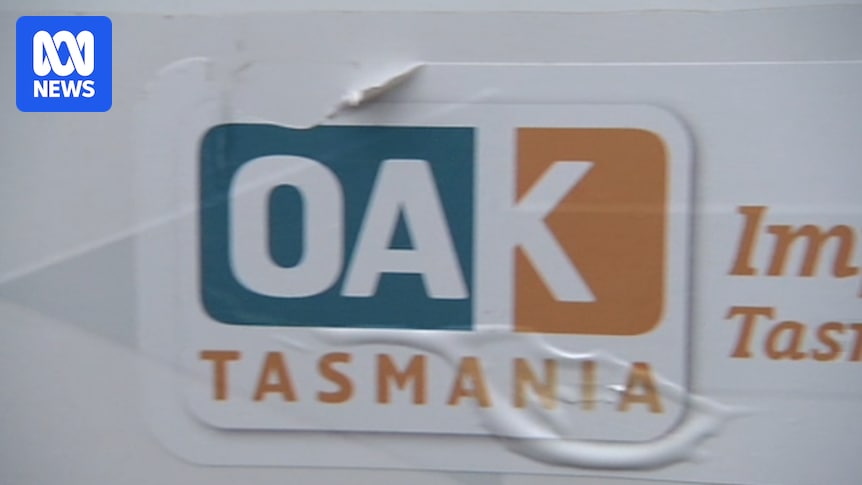
Scientists have unveiled compelling evidence that your daily cup of coffee may offer significant protection against liver disease. A comprehensive review, published in the journal Biochemical Pharmacology, connects coffee consumption with reduced inflammation and scarring in the liver, potentially lowering the risk of severe conditions such as cirrhosis and liver cancer.
This review synthesizes decades of research, drawing from epidemiological, clinical, and experimental data to articulate coffee’s liver-protecting benefits. The findings underscore the role of coffee’s bioactive compounds—caffeine, polyphenols, and diterpenes—in exerting antioxidant, anti-inflammatory, and antifibrotic effects that slow liver damage progression.
Understanding the Liver’s Vulnerability
The liver, often described as the body’s metabolic command center, performs vital functions such as nutrient processing, toxin filtration, and protein synthesis. However, its crucial role also makes it susceptible to damage from viral infections, alcohol consumption, and metabolic disorders. This has led to an alarming rise in liver disease prevalence worldwide.
Despite the liver’s remarkable regenerative capacity, chronic damage can lead to systemic inflammation, fibrosis, cirrhosis, and ultimately, hepatocellular carcinoma (HCC), the most common form of liver cancer. While medical treatments exist, lifestyle factors, including coffee consumption, have emerged as powerful preventive measures.
Coffee’s Protective Mechanisms
The review, titled “Coffee for the liver: a mechanistic approach,” delves into how coffee’s bioactive compounds interact with cellular pathways to protect the liver. It highlights five main protective mechanisms: antioxidant, anti-inflammatory, antifibrotic, metabolism-modulating, and gut microbiota-balancing properties.
Crucially, the review connects epidemiological trends with molecular targets, offering clear explanations for coffee’s benefits while acknowledging limitations, such as inconsistent results in hepatitis B cohorts.
Review Findings
The review confirms that regular coffee consumption is associated with a significantly reduced risk of liver disease. A meta-analysis within the review found that coffee drinkers have a 29% lower risk of developing metabolic dysfunction-associated steatotic liver disease (MASLD), the most common chronic liver condition globally.
Regular coffee consumption is linked to a 30% reduction in the risk of liver fibrosis in MASLD patients and up to a 40% reduction in the risk of developing hepatocellular carcinoma (HCC).
These protective effects are dose-dependent, with the greatest benefits observed in individuals consuming three or more cups daily. However, the protective effect is less pronounced in hepatitis B patients with high viral replication.
Molecular Insights and Future Directions
At the molecular level, coffee’s bioactive compounds synergistically enhance outcomes when consumed together. For instance, caffeine and chlorogenic acids boost the body’s antioxidant defenses by activating the Nuclear factor erythroid 2-related factor 2 (Nrf2) protein. They also suppress the inflammatory pathway involving Nuclear Factor kappa-light-chain-enhancer of activated B cells (NF-κB), reducing tissue-damaging cytokines.
Additionally, coffee compounds inhibit hepatic stellate cell activation, preventing fibrosis and cirrhosis. Coffee also benefits the gut-liver axis by promoting beneficial bacteria and reducing intestinal permeability, lowering toxin influx to the liver. Emerging evidence suggests that coffee may also exert epigenetic effects, such as modulating miRNA-122, further regulating fat metabolism and inflammation.
Conclusions and Implications
The review provides strong evidence of coffee’s physiological benefits, particularly in liver protection. As the world’s third most popular beverage, coffee offers a robust defense against liver disease drivers, thanks to its rich blend of bioactive compounds.
While coffee should be consumed in moderation and not viewed as a cure, it represents an accessible dietary strategy for mitigating liver damage. Potential risks include anxiety or arrhythmias in caffeine-sensitive individuals, elevated cholesterol from unfiltered coffee, and possible interactions with medications metabolized by cytochrome P450 enzymes.
More clinical trials are needed to validate preclinical findings, but this review solidifies coffee’s status as a key functional food in preventing and managing chronic liver disease, transforming a simple daily ritual into a scientifically backed health intervention.






